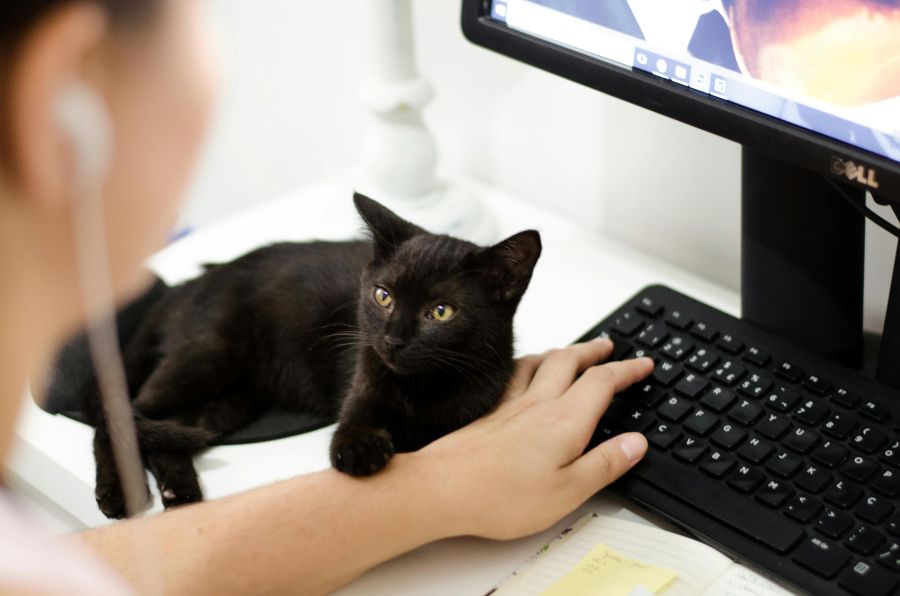In today’s world, many people express deep affection for animals, especially pets, often to the point where it seems as if they value their pets more than other humans. But this raises an important philosophical and ethical question: Are animals truly equal to humans, or is this a perception rooted in our bias, emotions, and perceptions of empathy?
In a time when human-animal relationships are more prominent than ever, this question becomes more significant. In this article, we will explore the complex dynamic between humans and animals, and delve into why many feel that animals deserve our love and moral consideration, even when compared to humans.
The Rise of the “New Youth” and Animal Compassion
The younger generation, often dubbed as the “new youth,” is increasingly advocating for animal rights, pushing back against traditional norms that place human beings above animals. This shift marks a significant change in societal views. But is this shift truly based on a deeper understanding of animals’ rights and mental capacities, or is it simply a form of emotional projection rooted in our empathy for those we see as vulnerable?
Moral Anthropocentrism: The Human Bias
The majority of people still consider humans to be morally superior to animals, a notion deeply embedded in our speciesism — the belief that one species (humans) holds inherent moral superiority over others. This belief is primarily driven by the perception of humans as mentally more advanced than animals. While mental capacities do play a role in our moral decisions, they are not the only factor. Many people still prioritize human beings over animals, even in situations where animals have equal or even superior mental faculties to humans.
Why Do We Prioritize Humans?
It’s a complex interplay of psychology and societal values. Our moral decisions are not merely guided by individual mental capacities but also by the inherent species membership. People often see animals as less capable of defending themselves or advocating for their rights, leading to an emotional response that increases empathy toward them. In contrast, humans are often seen as more capable of standing up for themselves or resolving their issues. This is part of the reason why people prioritize the protection and care of animals over humans in some circumstances.
Are Animals Equal to Humans?
The concept of equality between humans and animals raises several important questions. Can an animal, with its unique cognitive and emotional capacities, be considered a moral equal to a human? Or is this line of thought an idealistic projection from an emotional, rather than a rational, perspective?
The studies on this issue show that while people may value animals more when they perceive them as being vulnerable or helpless, they still tend to assign greater moral value to humans, even when the animals in question display equal or even higher mental capacities.
The Influence of Pop Culture and Emotional Bonds
Our perception of animals, especially pets like dogs and cats, is deeply influenced by the portrayal of animals in popular culture. From cartoons to movies, animals are often depicted as intelligent beings with human-like qualities, further blurring the lines between human and animal. This leads to a phenomenon where we project human-like emotions and intelligence onto animals, creating stronger emotional bonds that may explain why many people feel their pets deserve more compassion than some humans.
Conclusion: The Complex Relationship
Ultimately, the question of whether animals are equal to humans cannot be answered in simple terms. While the new youth’s advocacy for animal rights is commendable and reflects a deeper connection with the animal kingdom, it also highlights our complicated and often contradictory relationship with animals. We are in an era where empathy and compassion are stretched across the spectrum of life, from humans to animals, but our biases—whether they stem from cultural, psychological, or biological influences—still play a significant role in shaping our views.
As we continue to question and explore our relationship with the animal world, one thing is clear: our emotional and moral ties to animals are complex and evolving, and there’s much more to discover about how we view our fellow creatures.

